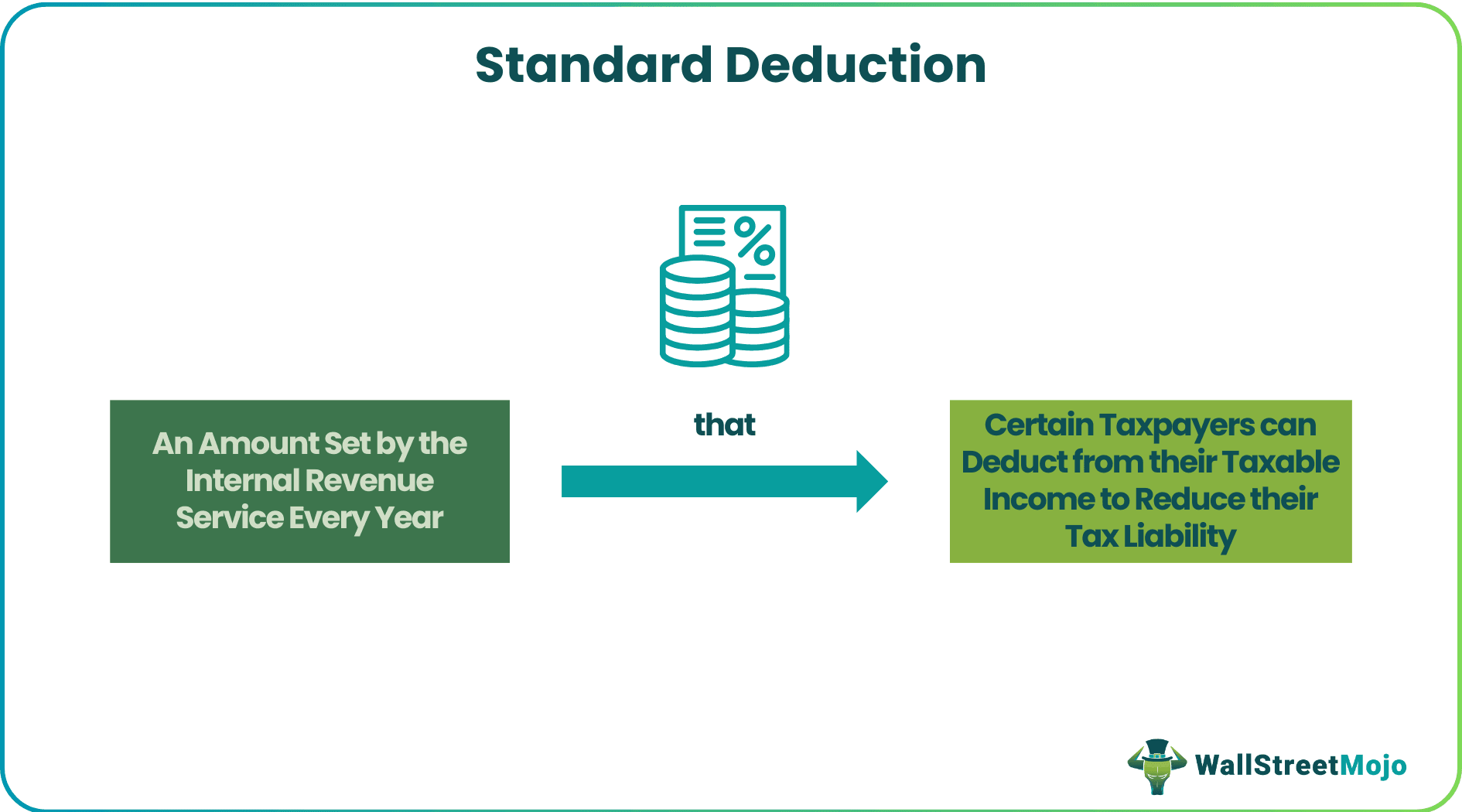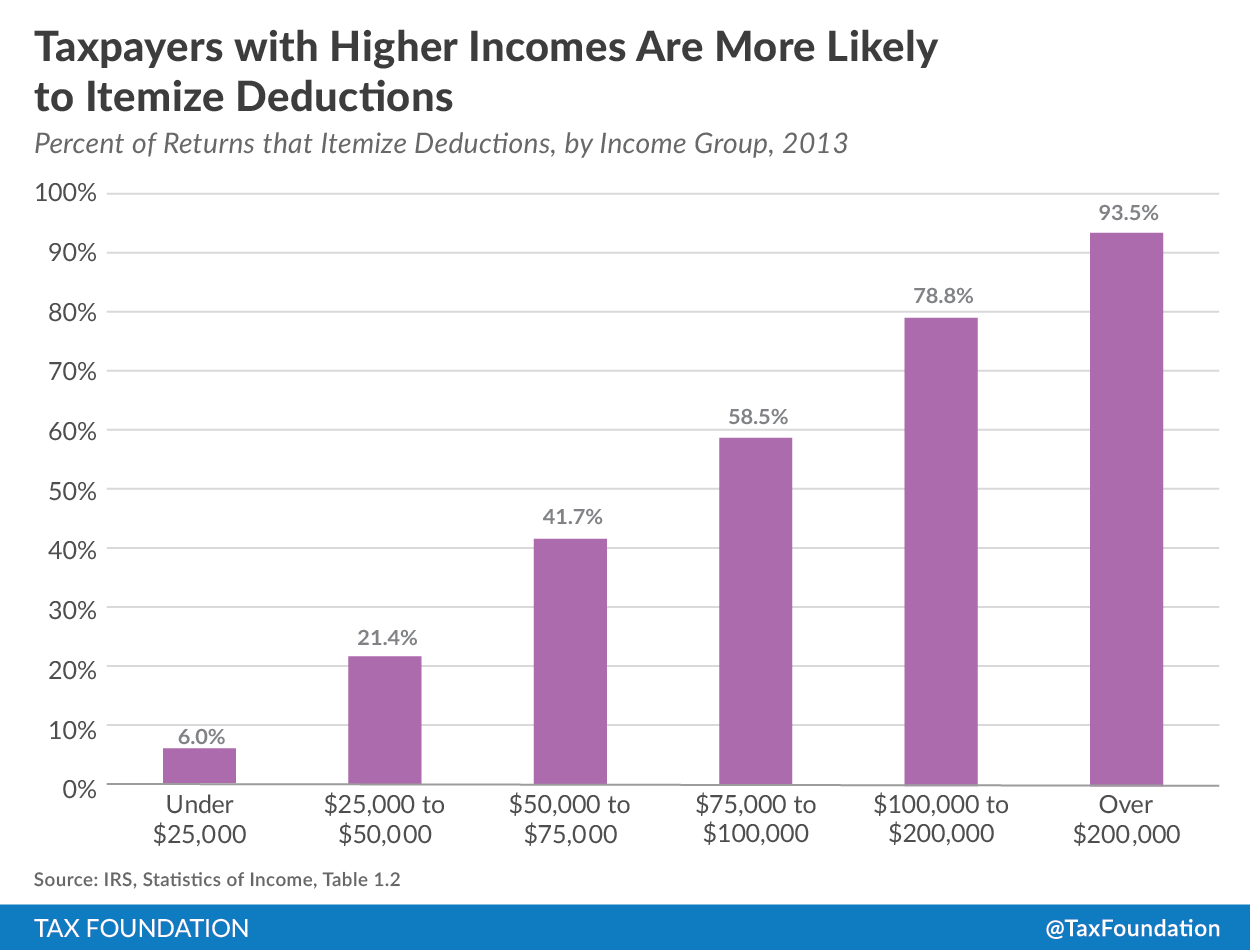Understanding the Foreign Earned Earnings Exemption and Its Influence On Your Typical Deduction
The Foreign Earned Earnings Exclusion (FEIE) uses considerable advantages for migrants, enabling them to exclude a section of their foreign-earned earnings from U.S. taxation. Asserting the FEIE can complicate one's tax situation, particularly relating to the basic deduction. Recognizing this communication is vital for people living abroad. As expatriates browse these intricacies, they should consider just how their selections affect their total tax obligation responsibility. What methods can they utilize to enhance their monetary end results?
What Is the Foreign Earned Income Exclusion (FEIE)?
The Foreign Earned Revenue Exclusion (FEIE) acts as a vital tax obligation benefit for U.S. people and resident aliens functioning abroad. This stipulation permits qualified individuals to omit a significant section of their foreign-earned earnings from U.S. taxation, efficiently decreasing their general tax worry. The FEIE intends to reduce the monetary pressure on migrants and encourages Americans to go after employment possibility in foreign markets. The exemption applies to earnings, wages, and specialist charges gained while staying in a foreign country. The optimal exclusion amount is readjusted yearly for rising cost of living, ensuring that it continues to be pertinent to current economic problems. By utilizing the FEIE, expatriates can retain more of their income, cultivating financial stability while living overseas. In general, the FEIE plays an essential role in forming the financial landscape for Americans abroad, promoting a smoother shift to global job settings and promoting financial involvement on an international range.
Qualification Demands for the FEIE
Eligibility for the Foreign Earned Revenue Exclusion (FEIE) is contingent upon meeting specific standards established by the Irs (IRS) Mostly, people need to be united state people or resident aliens that gain earnings while living in an international nation. To certify, they must please either main tests: the Physical Existence Examination or the Bona Fide House Examination.
The Physical Existence Test calls for individuals to be literally existing in a foreign nation for at the very least 330 full days within a 12-month duration - FEIE Standard Deduction. On the other hand, the Authentic House Examination necessitates that people establish residency in an international country for an undisturbed duration that includes a whole tax year
In addition, the revenue must be stemmed from personal solutions executed in the international nation. Meeting these requirements allows taxpayers to omit a significant section of their foreign-earned earnings from U.S. taxation, therefore minimizing their general tax obligation.
Exactly how to Claim the FEIE

To start the process, individuals must gather files that verify their international incomes, such as pay stubs, tax obligation returns from international countries, and any relevant employment agreement. It is necessary to guarantee all income declared under the FEIE is made from foreign sources and fulfills the required limits.
Additionally, taxpayers have to consider filing deadlines and any kind of possible extensions. Declaring the FEIE properly not only assists in minimizing tax obligation liability but likewise ensures conformity with IRS laws. Appropriate documentation and adherence to guidelines are important for an effective case of the Foreign Earned Revenue Exclusion.
The Communication Between FEIE and Standard Reduction
The communication in between the Foreign Earned Income Exemption (FEIE) and the standard deduction is a vital aspect of tax obligation preparation for migrants. Recognizing the fundamental principles of FEIE, along with the limitations of the typical reduction, can significantly affect tax obligation filing approaches. This area will explore these components and their effects for taxpayers living abroad.
FEIE Fundamentals Clarified
While lots of migrants look for to lower their tax concern, recognizing the interaction in between the Foreign Earned Earnings Exclusion (FEIE) and the basic deduction is necessary. The FEIE allows U.S. residents and resident aliens living abroad to leave out a particular amount of foreign earned revenue from U.S. taxation. This exclusion can significantly lower gross income, potentially impacting eligibility for other deductions, such as the standard reduction. Remarkably, people who claim the FEIE can not also take the typical deduction against the excluded earnings. Because of this, expatriates have to meticulously evaluate their complete income and deductions to enhance their tax obligation situation. Understanding of these communications can lead to more educated monetary decisions and much better tax approaches for expatriates guiding through their unique scenarios.
Criterion Deduction Limitations
Understanding the restrictions of the standard deduction in connection with the Foreign Earned Income Exclusion (FEIE) is important for expatriates navigating their tax duties. While the FEIE permits certifying individuals to omit a certain quantity of foreign-earned income from united state taxation, it can affect the typical deduction they are eligible to insurance claim. Specifically, taxpayers that declare the FEIE can not additionally declare the standard reduction on that particular omitted revenue. In addition, if an expatriate's overall revenue drops below the standard reduction threshold, they might not benefit from it in all. This interplay demands cautious planning to optimize tax obligation benefits, as underutilizing the common deduction can result in greater gross income and boosted tax obligation obligation. Understanding these limitations is important for reliable tax technique.
Tax Filing Ramifications
Steering the tax obligation filing ramifications of the Foreign Earned Income Exemption (FEIE) needs mindful consideration of how it interacts with the conventional reduction. Taxpayers utilizing the FEIE can omit a considerable part of their foreign-earned earnings, yet this exemption influences their eligibility for the conventional deduction. Particularly, if a private claims the FEIE, they can not additionally declare the conventional reduction for that revenue. This can bring about a reduced general tax obligation liability but may make complex the filing process. In addition, taxpayers must assure compliance with internal revenue service needs when filing Form 2555 for the FEIE. Comprehending these interactions is vital for maximizing additional hints tax benefits while avoiding potential mistakes in the declaring process. Careful planning can make the most of advantages and lessen responsibilities.
Potential Tax Obligation Implications of Making Use Of the FEIE
The Foreign Earned Revenue Exemption (FEIE) uses significant tax obligation advantages for united state citizens functioning abroad, but it additionally features possible ramifications that call for mindful consideration. One significant consequence is the effect on eligibility for sure tax obligation credit scores and reductions. By electing to use the FEIE, taxpayers may accidentally minimize their modified gross revenue, which can limit access to credit scores like the Earned Income Tax Credit rating or reduce the amount of conventional deduction offered.
Furthermore, people who make use of the FEIE may encounter problems when returning to the united state tax obligation system, especially concerning the taxation of future income. The exclusion applies only to earned earnings, implying other income kinds, such as returns or passion, continue to be taxed. This difference requires thorough record-keeping to guarantee compliance. The FEIE may impact state tax obligation commitments, as some states do not acknowledge the exclusion and might tire all income earned by their homeowners, no matter of where it is made.
Tips for Maximizing Your Tax Benefits While Abroad
While working abroad can be improving, it likewise presents distinct possibilities to maximize tax obligation benefits. To optimize these advantages, people need to initially identify their qualification for the Foreign Earned Earnings Exclusion (FEIE) and consider the physical visibility examination or the authentic house examination. Keeping comprehensive records of all revenue made and expenditures incurred while abroad is necessary. This documentation supports insurance claims for reductions and debts.
Additionally, understanding the tax treaties between the United States and the host country can assist prevent double tax. People need to also explore contributions to tax-advantaged accounts, such as IRAs, which might give additional deductions.

Finally, getting in touch with a tax obligation specialist specializing in expatriate tax obligation legislation can provide tailored approaches and warranty conformity with both U.S. and international tax responsibilities. By taking these actions, expatriates can effectively enhance their financial scenario while living abroad.
Regularly Asked Concerns
Can I Utilize FEIE if I Help a Foreign Government?
Yes, an individual can make use of the Foreign Earned Income Exemption (FEIE) while benefiting an international federal government, supplied they satisfy the requisite problems described by the internal revenue service, consisting of the physical visibility or bona fide residence examinations.

Does FEIE Apply to Self-Employment Revenue?
The Foreign Earned Income Exclusion (FEIE) does put on self-employment income, provided the individual satisfies the necessary demands. Qualified freelance individuals can exclude certifying earnings made while living in an international nation from taxation.
Suppose My International Revenue Goes Beyond the FEIE Limitation?
If international income goes beyond the FEIE limit, the excess quantity may undergo united state taxes. Taxpayers should report and pay taxes on the earnings above the exclusion limit while still taking advantage of the exclusion.
Can I Claim the FEIE and Detail Reductions?
Yes, individuals can declare the Foreign Earned Revenue Exemption (FEIE) while additionally itemizing deductions. They have to be conscious that declaring the FEIE may affect the schedule of certain itemized deductions on their tax obligation return.

Exactly How Does FEIE Influence My State Tax Obligation Responsibilities?
The Foreign Earned Revenue Exclusion can lower state tax obligation commitments, as many states adhere to government guidelines. Individual state regulations vary, so it's vital to get in touch with state why not try this out tax obligation guidelines for details implications on tax obligation responsibilities.
The Foreign Earned Earnings Exemption (FEIE) offers substantial benefits for expatriates, permitting them to leave out a section of their foreign-earned earnings from U.S. taxes. While several migrants seek to lower their tax obligation concern, recognizing the interaction in between the Foreign Earned Earnings Exclusion (FEIE) and the typical deduction is crucial. Comprehending the restrictions of the standard reduction in relationship to the Foreign basics Earned Revenue Exemption (FEIE) is essential for migrants maneuvering their tax obligations. The exemption applies only to gained earnings, suggesting various other income types, such as dividends or passion, remain taxed. The Foreign Earned Earnings Exemption (FEIE) does apply to self-employment revenue, gave the individual satisfies the needed demands.